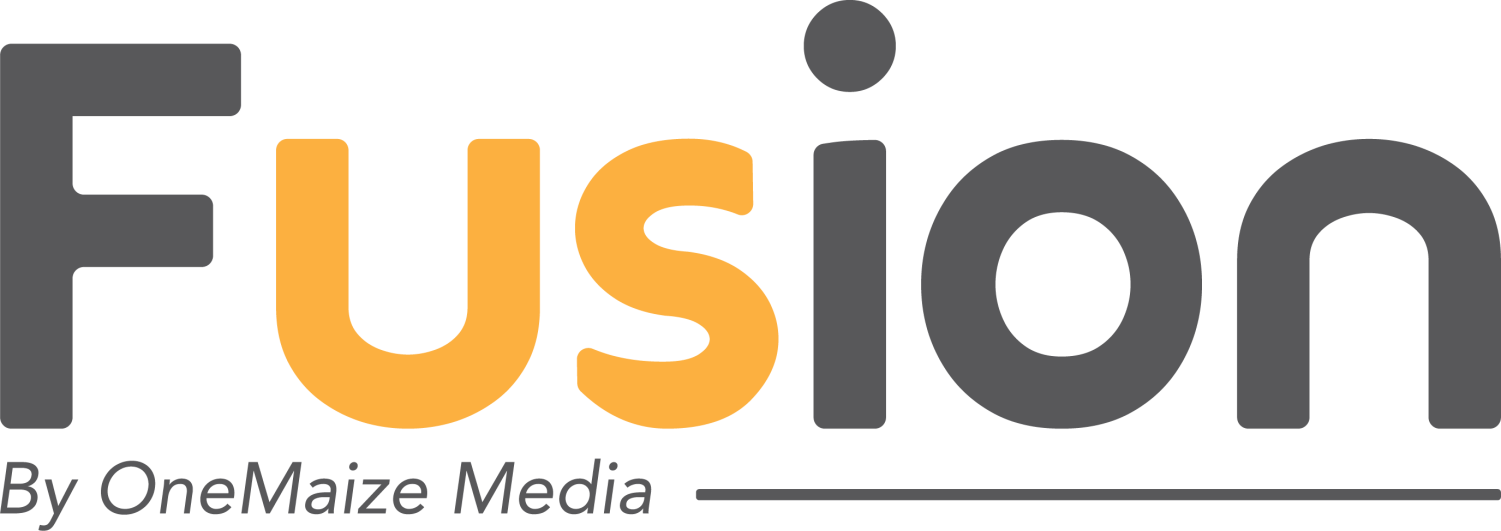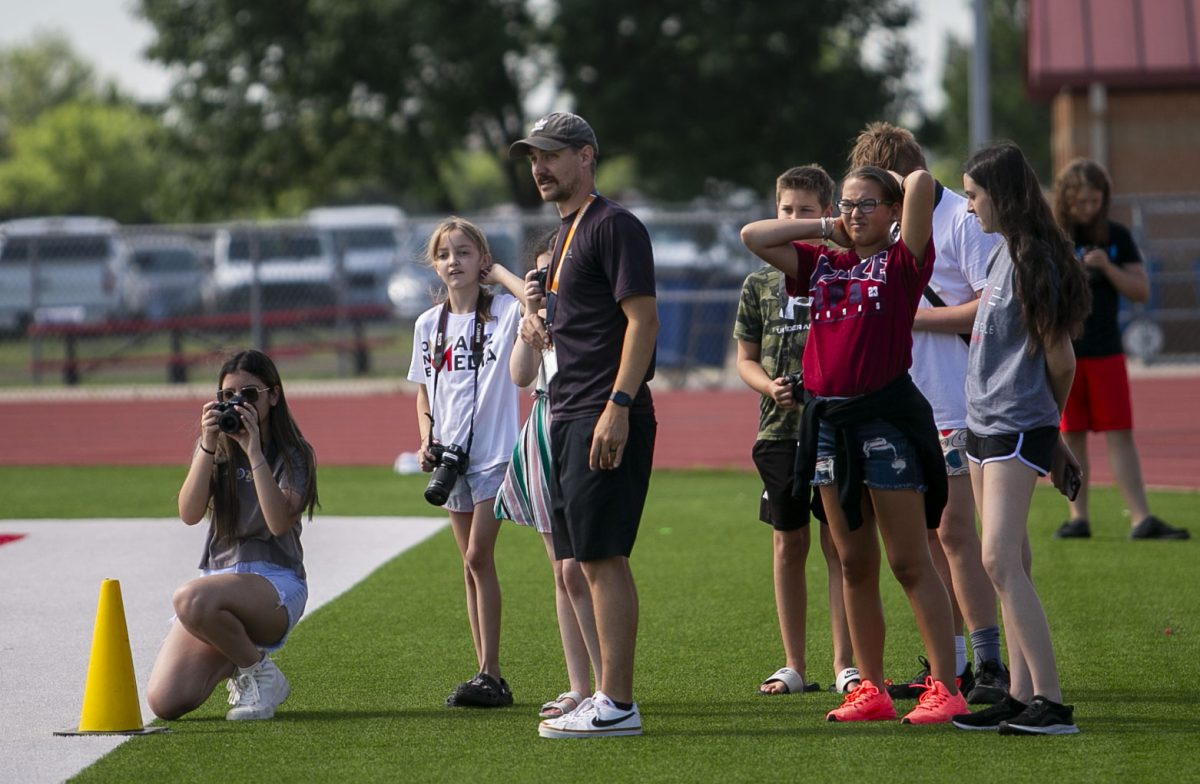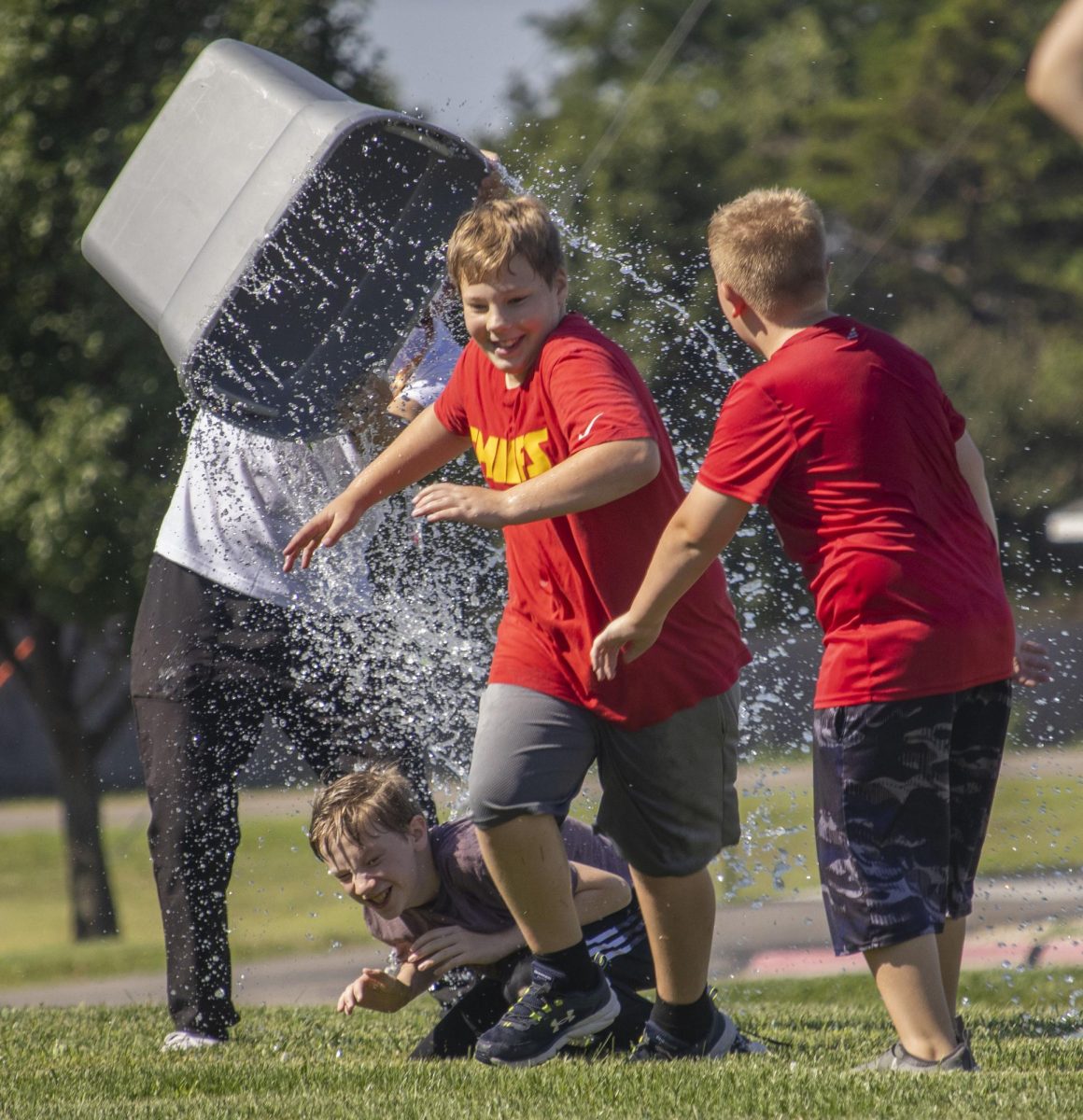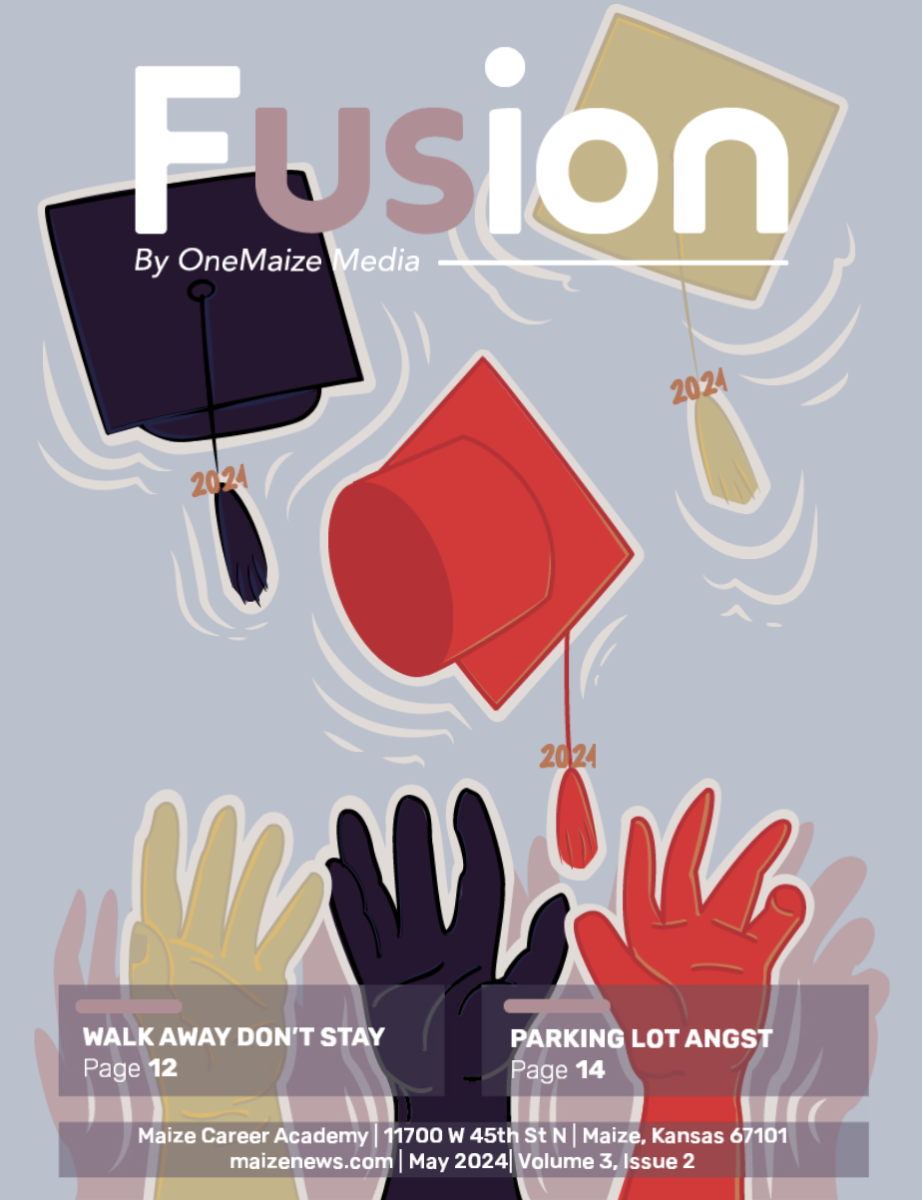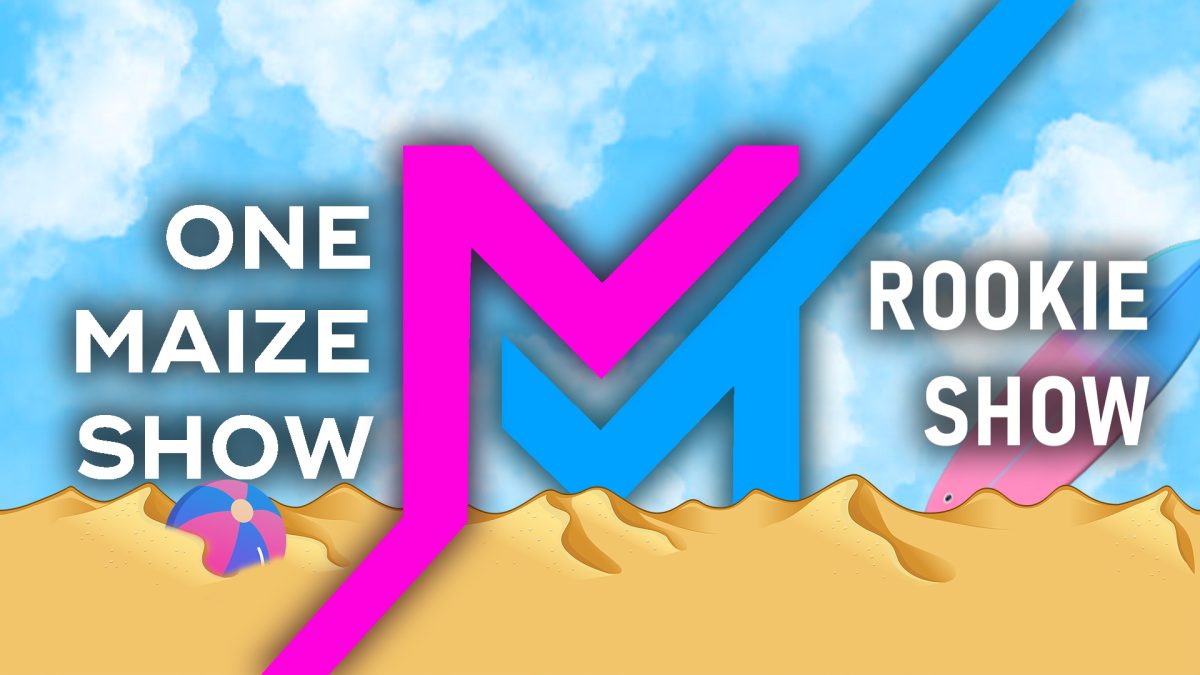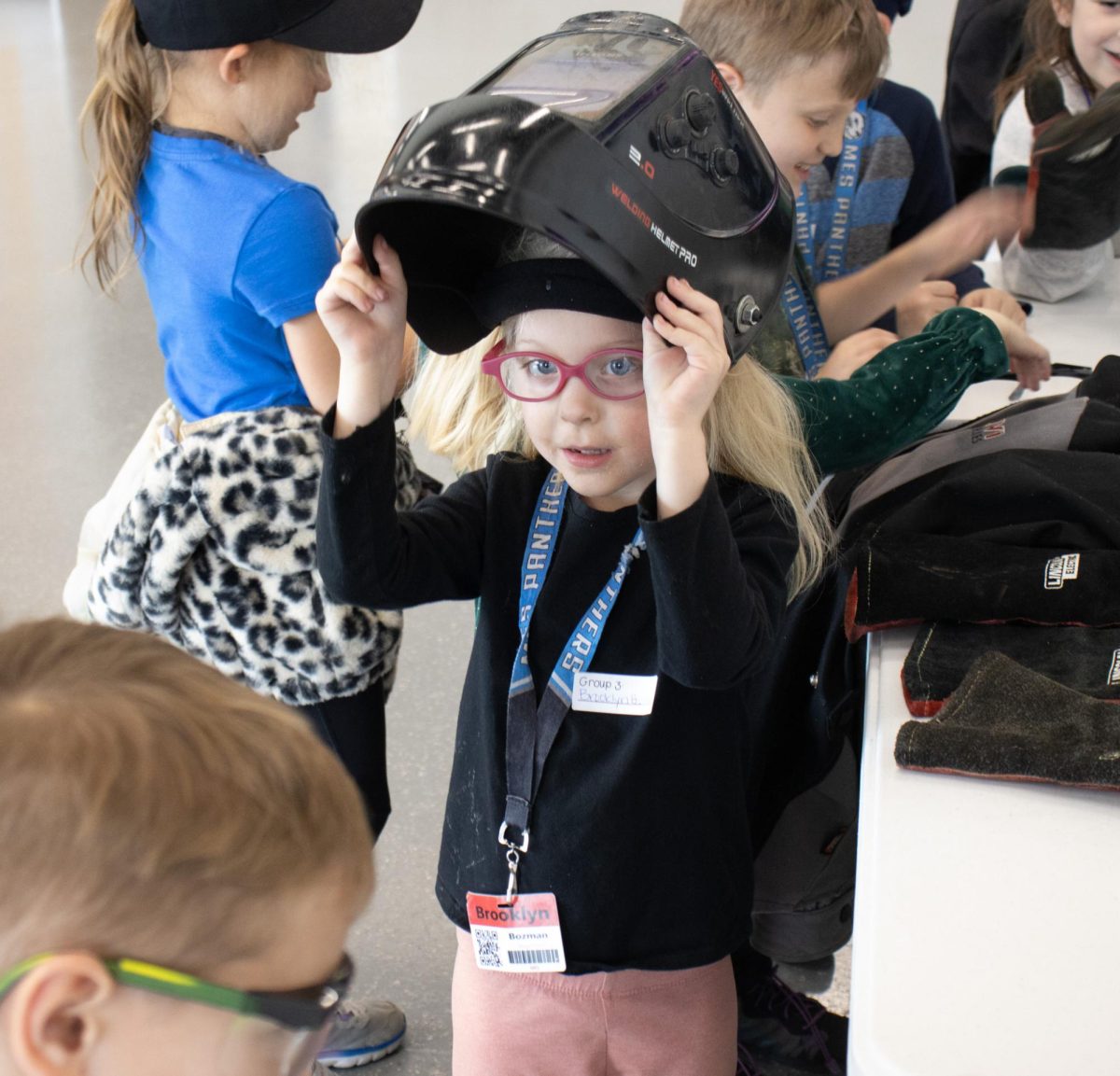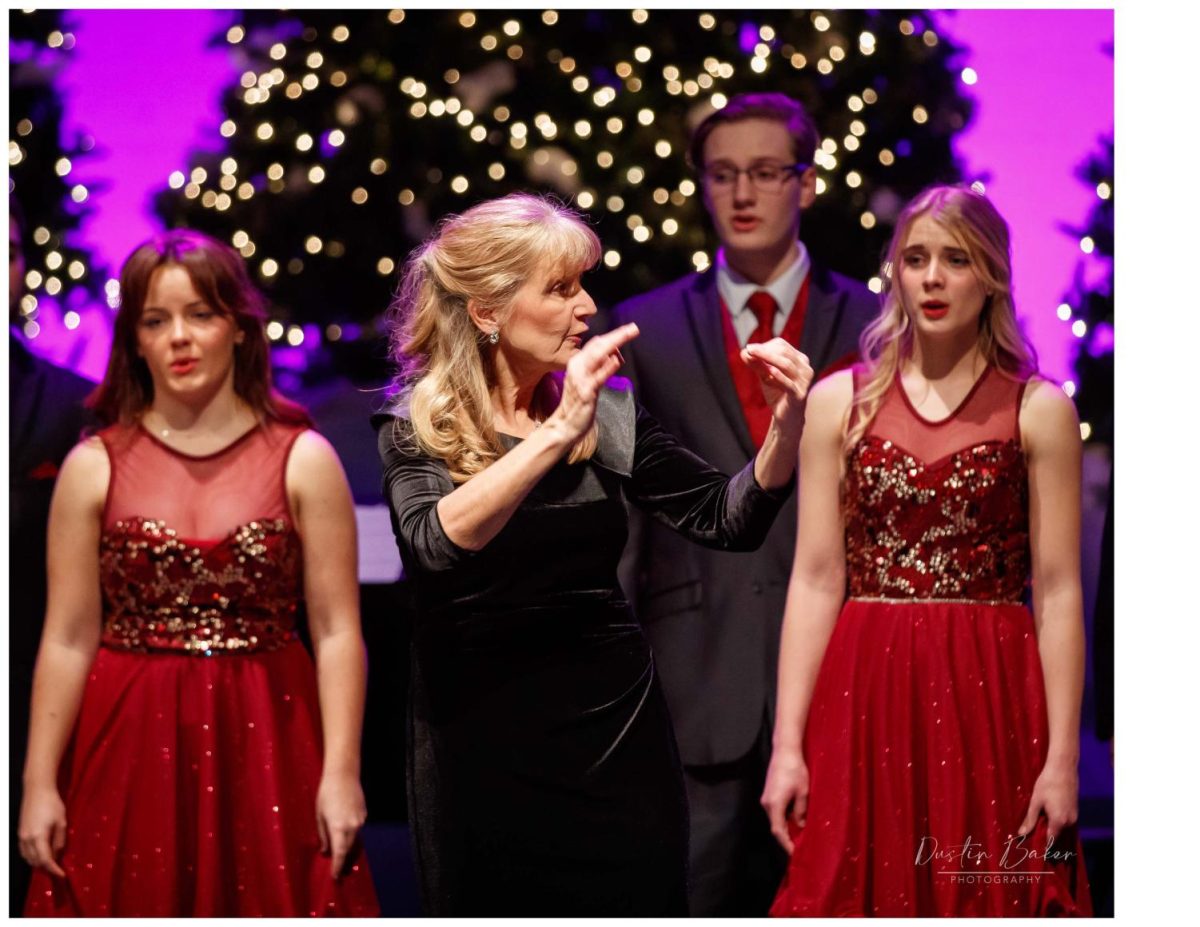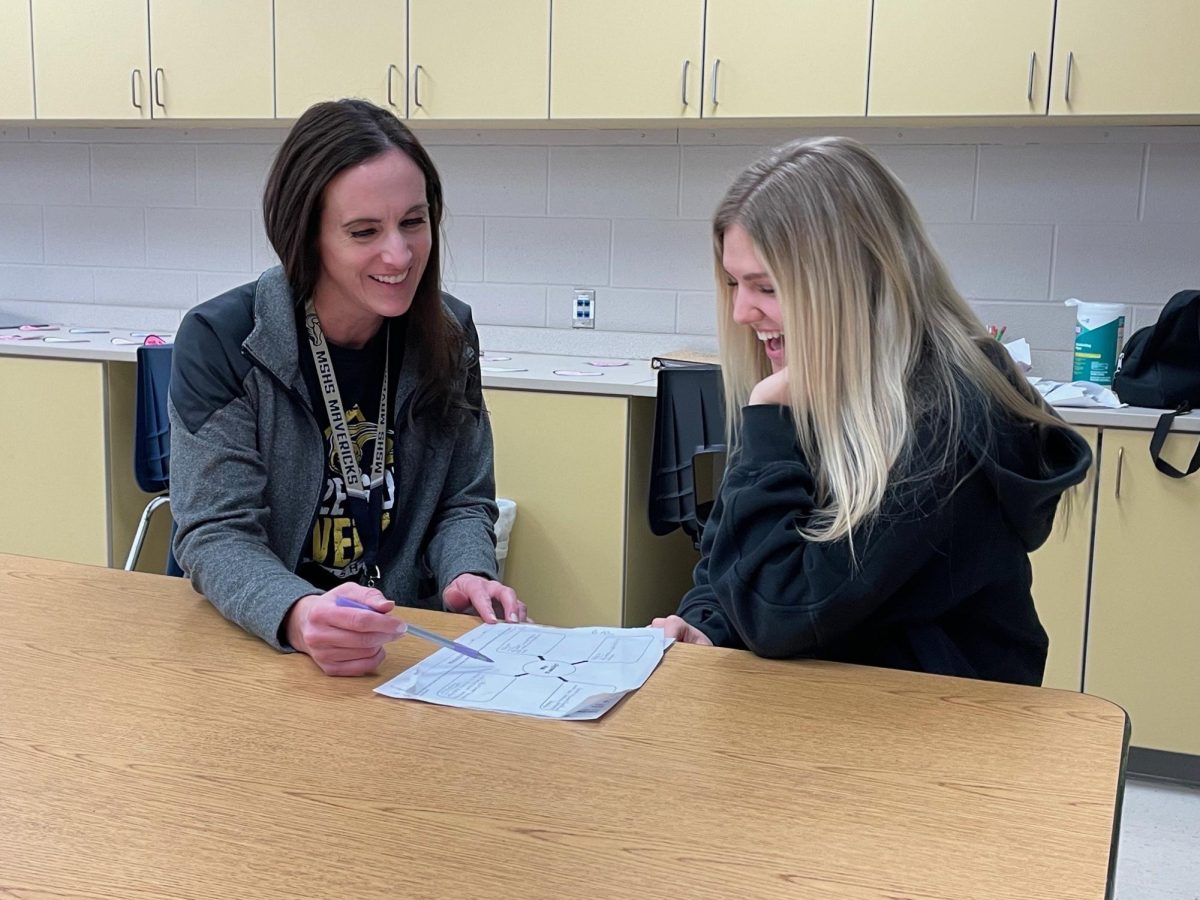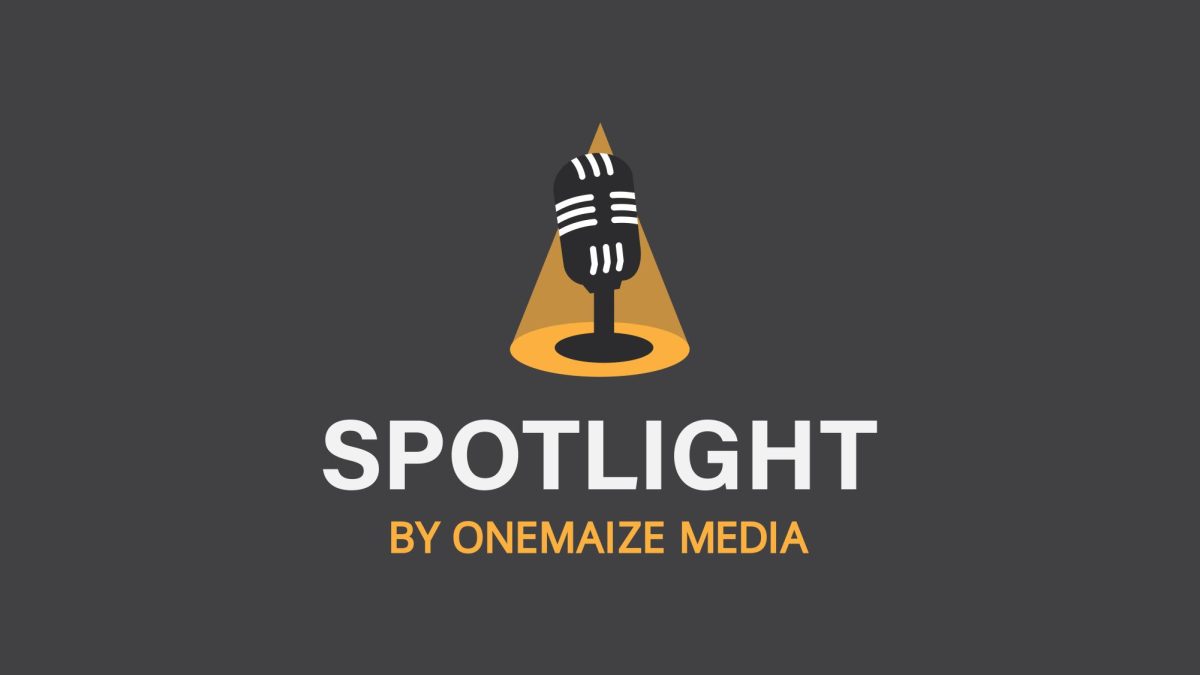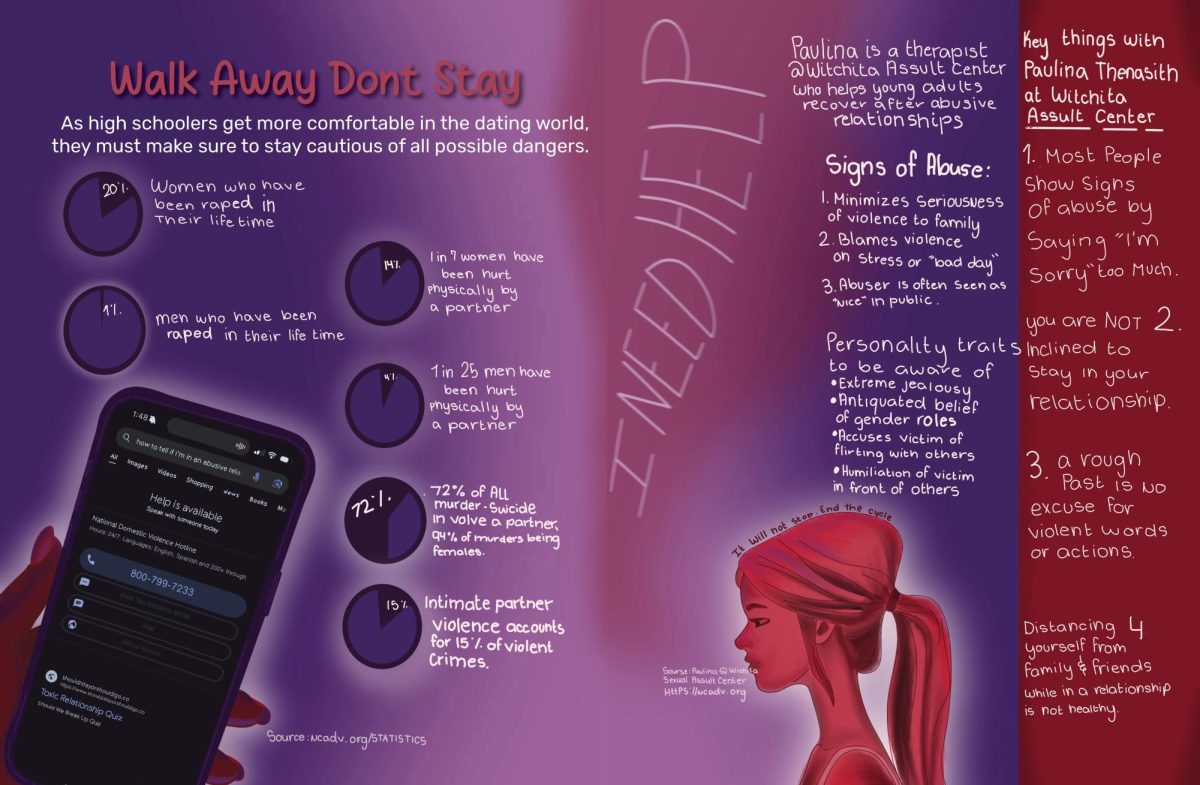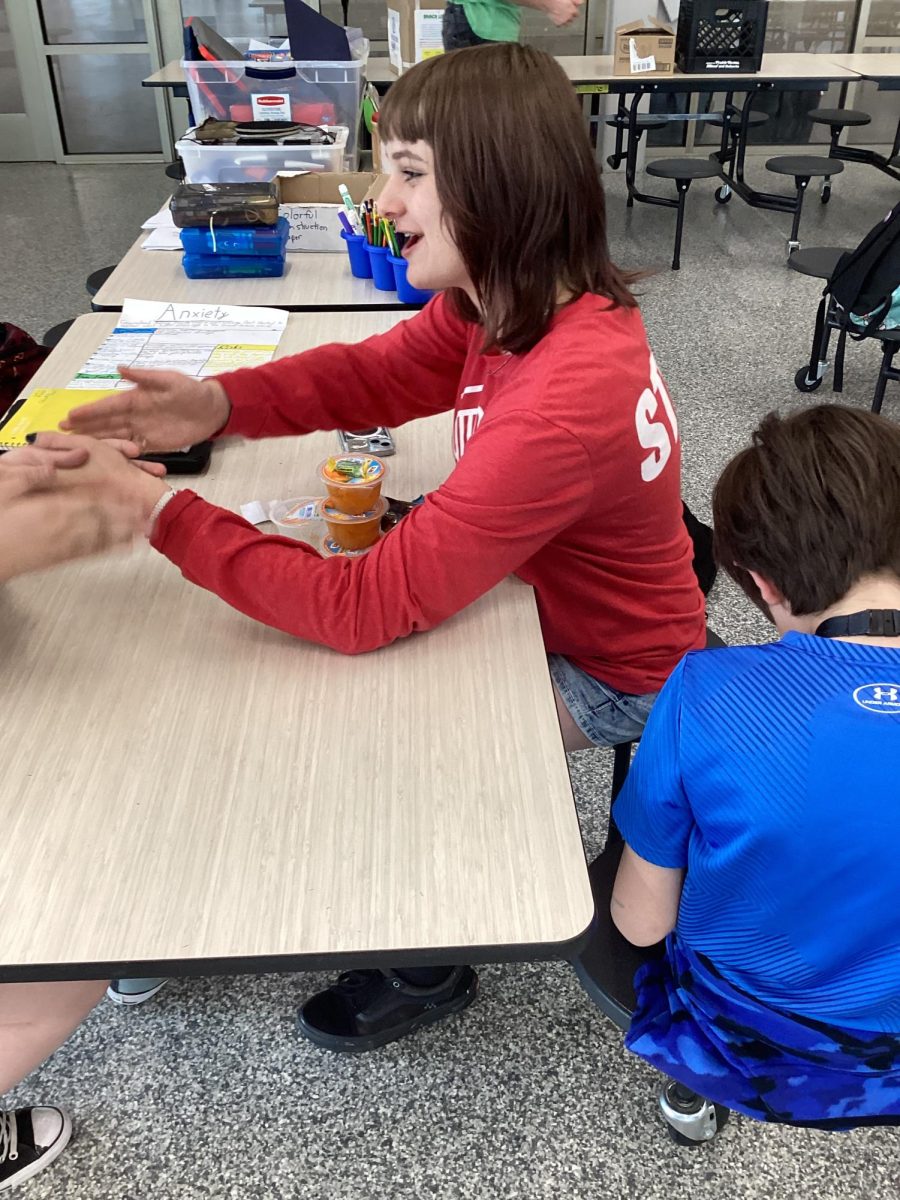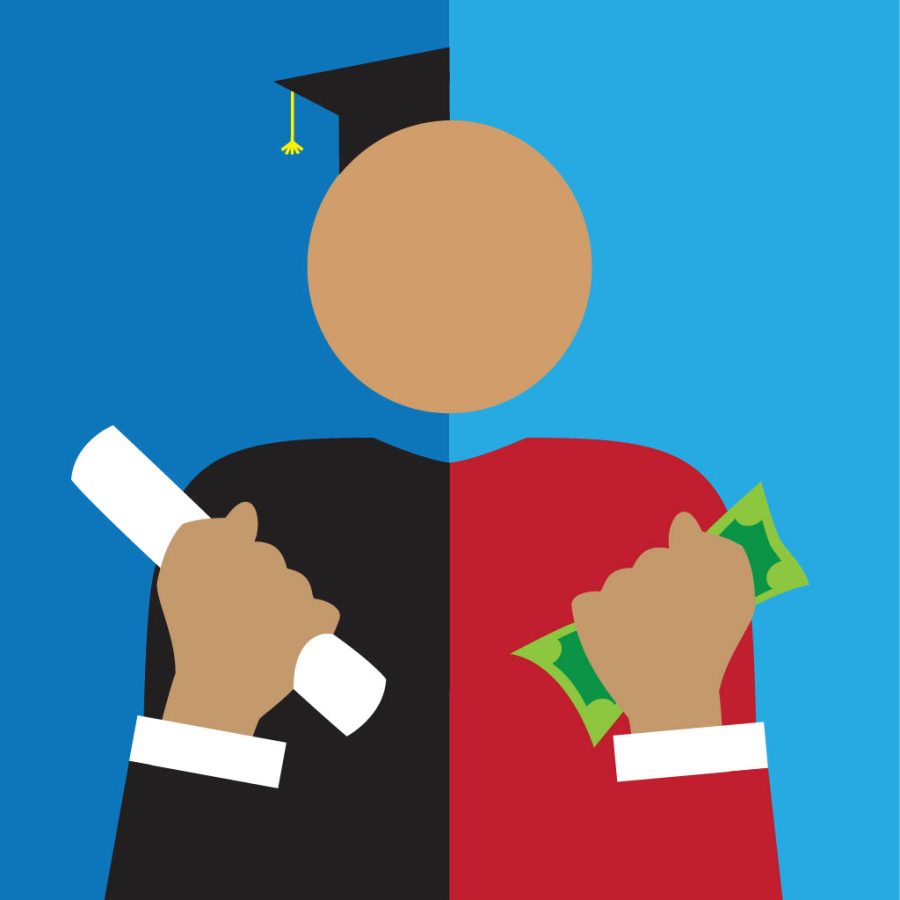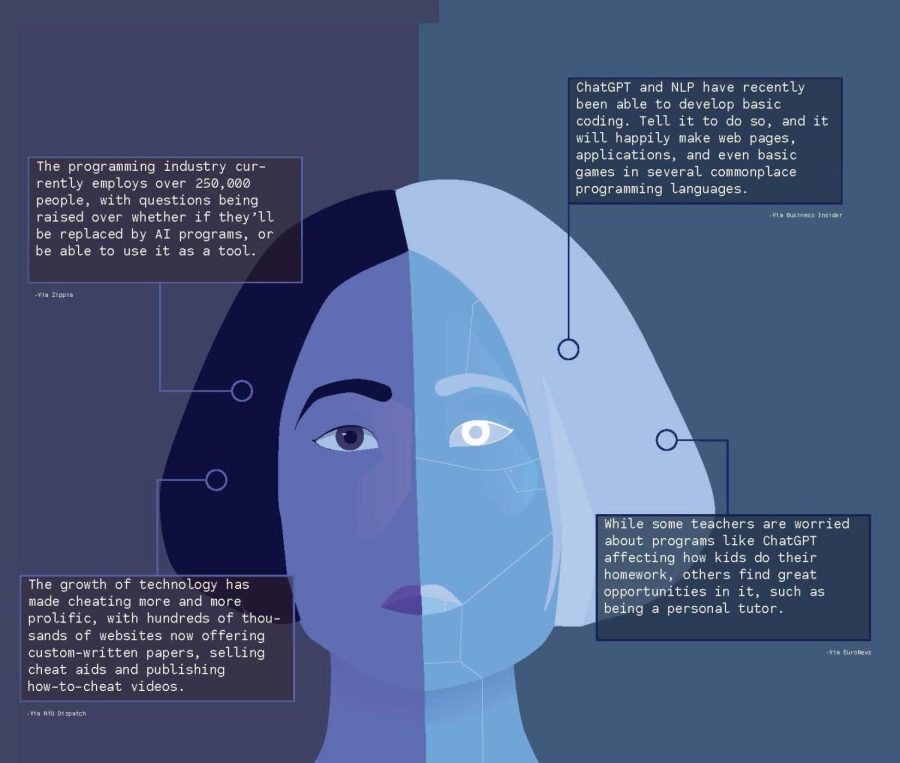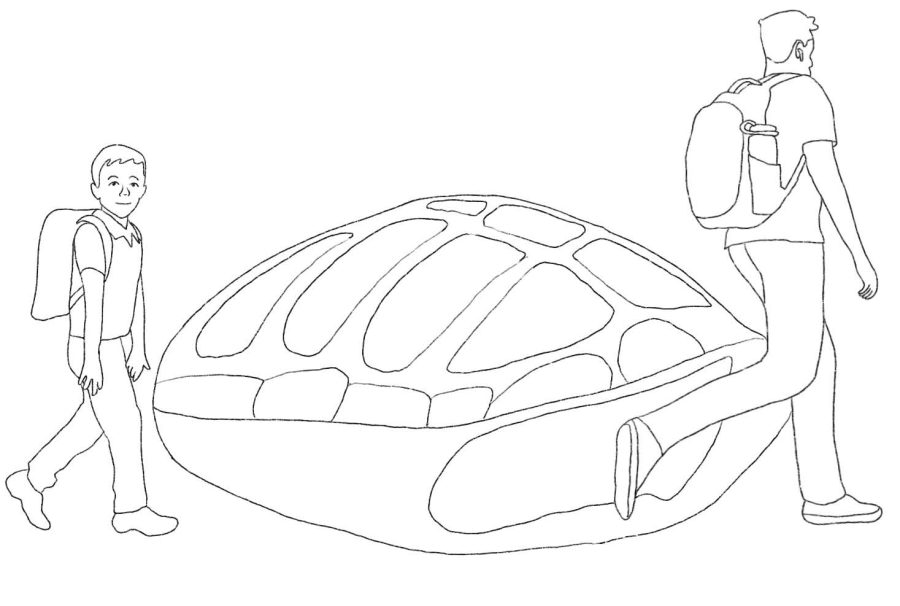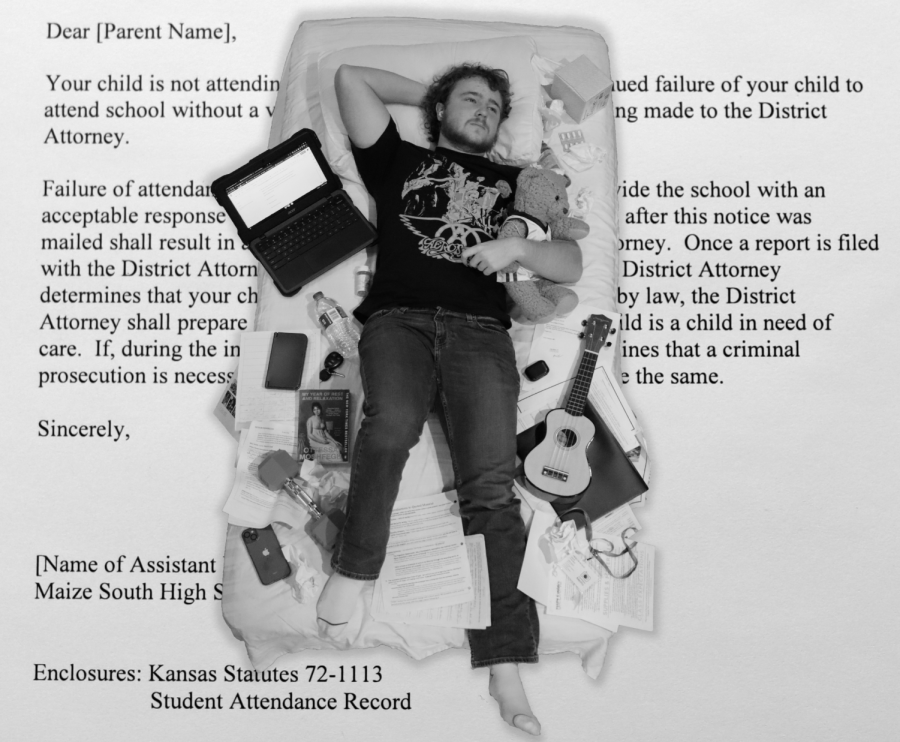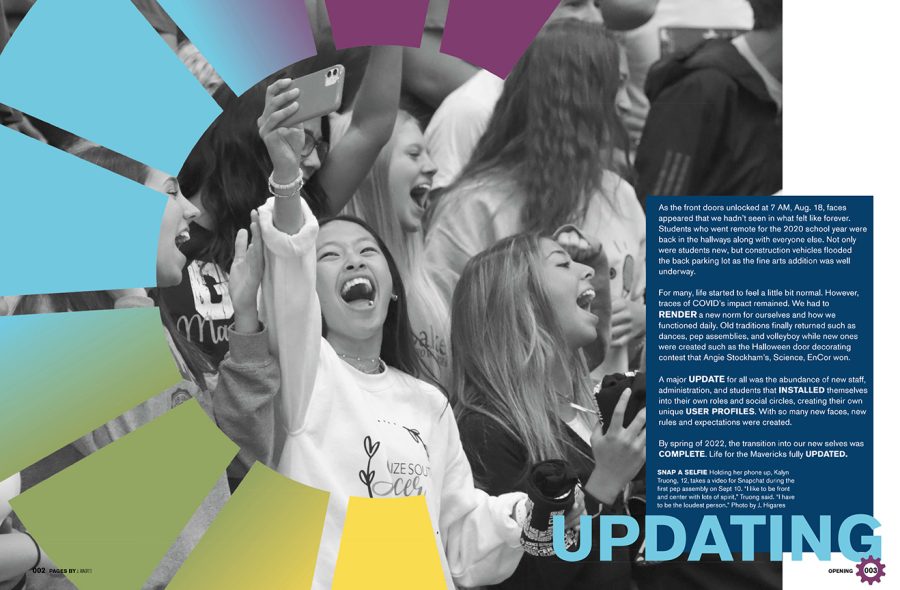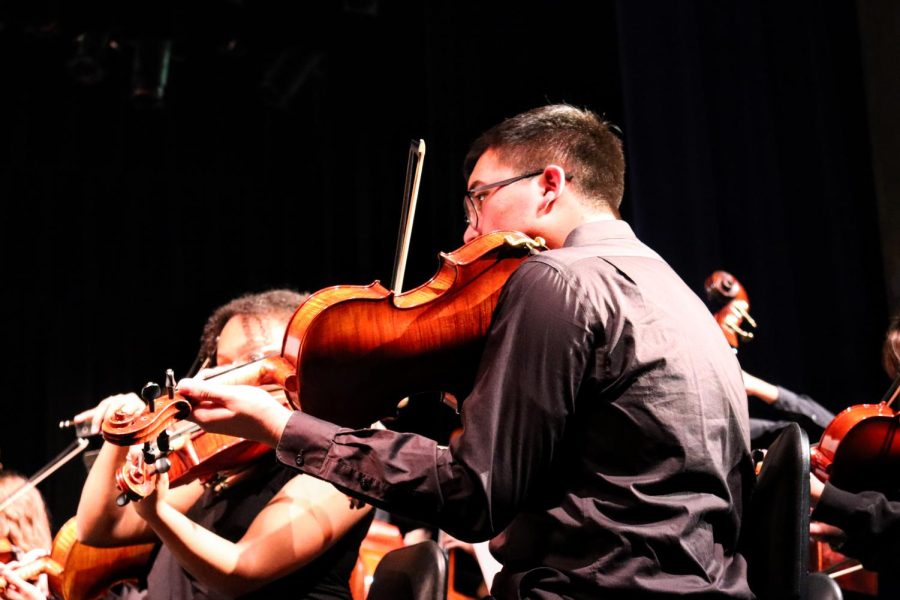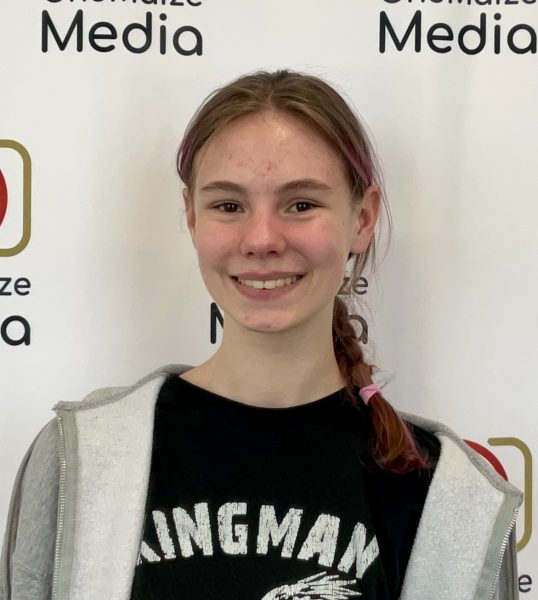According to the Pew Research Center, 53% of US adults admitted they use social media as a news source “sometimes.” Despite so many adults admitting to using social media for news, 40% cited inaccuracy as their biggest problem with social media as a news source.
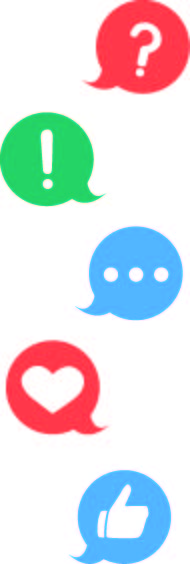
It’s common for false information to be spread on the internet because anyone has the ability to post on social media platforms. When someone sees a false post and assumes it’s true, they can share the information with friends and family, causing multiple people to believe the untrue data.
Julie-Anne Evans, a senior at Maize High School, noticed a fake post during the eclipse.
“[The post] was talking about [how] during the eclipse there was a helicopter that went over,” Evans said. “You could barely tell it was a helicopter and everyone was saying it was a ‘sky snake,’ but you could tell it was a helicopter if you paid close attention to the video.”
Teenagers especially question news relating to politics. Many people are aware of how opinions can get inserted into political reporting.
“Politics can get kind of messy and falsified a lot, just because a lot of people’s opinions can get involved, and just different news channels; they can all form their own opinions,” Maize High School junior, Maya Daniels said.
Some people trust the sources they follow. Maize South Freshman, Binh Nguyen, decides if he should look into things by how much it affects him.
“I trust my community,” Nguyen said. “Sometimes it will be false, and if [someone] says it’s false then I’ll look it up, like if it involves me.”
Spencer Baalman, Maize High School current events teacher, shared advice on how to make sure you don’t use a biased source. He referred to only checking sources that share the same opinion as you as an ‘echo chamber.’
“Step outside of your own confirmation bias, and maybe follow some news reporters that have different ideas and opinions than you,” Baalman said. “That way you can receive a full context of the news and not live within ‘the echo chamber’ and see everything as one-sided.”
When asked about how frequently people verify data Baalman said he doesn’t think it’s often enough.
“That’s the thing when you’re using social media, you really have to pay attention to who you’re receiving that information from, maybe look into what their profession is,” Baalman said. “Are they a news reporter or are they just a ‘talking head’ that shared an influential idea? I don’t think enough people look into the news to verify it or find an article to contradict it.”
